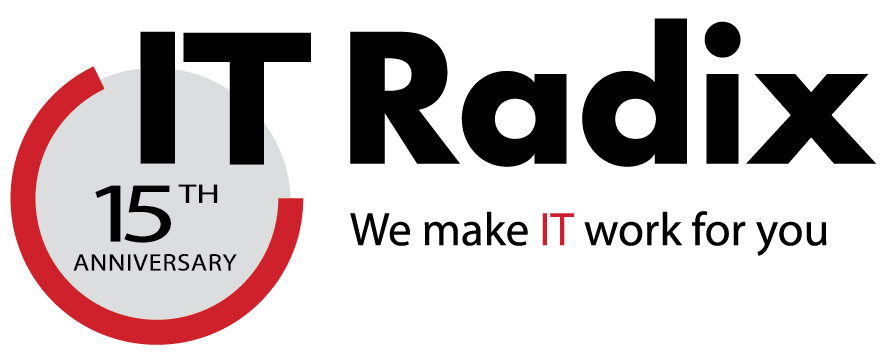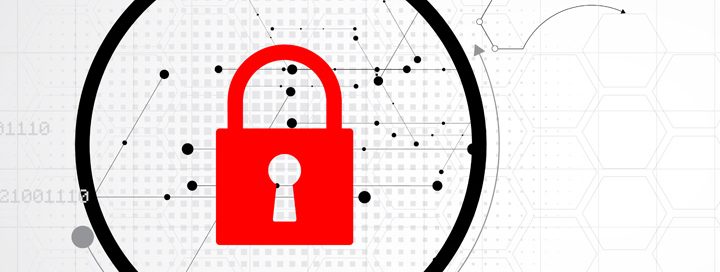Get an Information Technology professional talking about cybersecurity and the conversation might never end. You’ll be lucky to get a word in edgewise. That’s because there really is no end to the choices and options for organizations as they attempt to lower their security risks. The menace is like a virus—growing and evolving every day.
While that is true, there are a set of basic things that every organization can and should do to protect themselves. With that in mind, below is a list of the very basic IT security “must haves” that all businesses should have in place.
IT Security Basics
At a bare minimum, all businesses should have the following IT Security Basics in place:
Require Employee Cybersecurity Training
While some may be surprised that training is the first item listed, this is vitally important for the simple fact that industry experts report that 95% of all breaches are the result of human error. Ensuring that security software, hardware and protocols are in place is great, but the human factor is of paramount importance. Reduce human errors and security risk by empowering your staff with the tools they need. Educate your staff through ongoing IT Security Awareness Training and Testing.
Schedule Daily Backups
Lots of things can go wrong with a computer or a network: lost or stolen laptop, hard drive failure, ransomware attack, and more. Having an up-to-date backup in place is the antidote for all these catastrophic events. A backup can be used to recover anything stored on the device in the event of an attack or other debacle.
Manage Access to Data
Prevent access to your data from unauthorized individuals. There are numerous ways to do this such as: installing a hardware firewall, safeguarding wireless network access by putting a guest Wi-Fi network in place, managing permissions in house among staff, and putting in place multi-factor authentication for in house and remote access to networks and cloud services. While you’re at it, ensure that a strong, secure password policy is in place as well!
Ensure Endpoint Security
All key hardware and software should be kept up to date by downloading software and firmware updates as they are deployed by each vendor. This is an often overlooked first line of defense for all networks. That includes having an anti-virus solution in place on all hardware and ensuring it is current.
While cybersecurity remains an ongoing, dynamic concern, it is possible to keep your corporate information secure by putting in place the basics outlined above.
Take a tough, defensive stand against the threat of cyberattacks—Contact us today for a free consultation!



